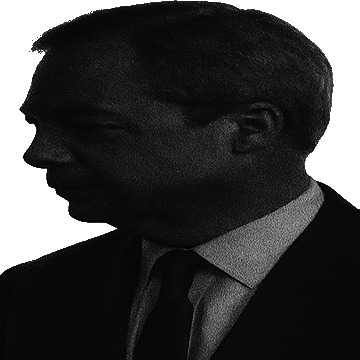How much does a politician’s private life matter to their public role? That question flared again in late 2025 after reports that Nigel Farage—the Reform UK leader and MP for Clacton—had misstated the ownership of a house he said he’d bought in his constituency. The property, media outlets later reported, is owned not by Farage but by his long-term partner, Laure Ferrari. The discrepancy has triggered claims of inconsistency and accusations of potential tax advantage—claims Farage denies—while putting fresh attention on how present he is in Clacton and how open he is about his finances.
What sparked the story?
In May 2025, The Guardian reported that Farage’s earlier claim to have “bought a house” in Clacton was incorrect: Land Registry records showed the £885k-£900k property was purchased solely by Ferrari, not Farage. After questions, he said he had misspoken and that his name was not on the title for “security reasons.” (Guardian, May 23, 2025.) He later acknowledged the error publicly at his party conference. (Guardian, Sept 6, 2025.)
Why the ownership matters
The identity of the legal owner matters because it touches on potential stamp duty treatment. If Farage—who already owns other properties—had bought the house himself as an additional home, he could have been liable for a higher-rate surcharge (estimated at ~£44,000). With Ferrari listed as sole owner, critics argued he may have avoided that surcharge if he had any beneficial interest. Farage says he did not fund the purchase and that Ferrari paid with her own money; he also says legal advice confirmed everything was done correctly. Nevertheless, opposition parties demanded clarity about any financial interest Farage might hold. (Guardian, Sept 11, 2025; Independent, Sept 11, 2025.)
BBC probe and further questions
Coverage referencing a BBC investigation intensified scrutiny by questioning whether Ferrari’s family wealth would plausibly fund a cash purchase at that level. Farage rejected the insinuations, saying the money was Ferrari’s and reiterating that he neither gave nor lent funds for the transaction. Opposition figures nevertheless pressed him to “put all the facts on the table.” (Independent; NationalWorld, Sept 9, 2025.)
Residence, presence and perception
For Clacton constituents, the issue taps into a wider debate about presence and priorities. Even before the property dispute, local and national outlets had highlighted concerns over how frequently Farage spends time in the constituency compared with his media and international commitments. (Guardian, Sept 20, 2024; FT overview of external earnings.) Supporters counter that Farage has a high-profile platform to advocate on national issues and that nothing unlawful has been alleged—ownership being legitimately with Ferrari and taxes, they say, paid as required.
What we know—and what we don’t
- Confirmed: The house is legally owned by Laure Ferrari; Farage has corrected his earlier statement. (Guardian.)
- Contested: Whether Farage has any beneficial interest (e.g., funding or ongoing costs) that would change the tax position is disputed; Farage says he does not and did not. (Guardian; Independent.)
- Open: Full details of the purchase financing remain undisclosed; Farage says his tax affairs are private and that legal advice confirms compliance. (The Times, Sept 2025 – paywalled.)
Why it matters
For critics, the Farage Clacton house controversy is about consistency and transparency: did the public get a straight account of the property, and do Farage’s own standards on other people’s tax affairs apply equally to him? For supporters, it’s a privacy question—Ferrari, not Farage, is the legal owner, and there has been no finding of wrongdoing. Either way, the saga illustrates how personal financial questions can quickly turn into political tests about trust, standards and focus on local representation.
Further reading: initial ownership report (Guardian), admission of error (Guardian), calls for clarity on tax treatment (Guardian; Independent), pressure to disclose details (NationalWorld), and local sentiment about presence (Guardian).


